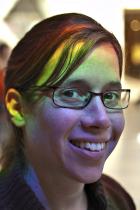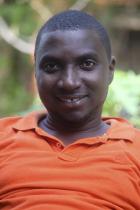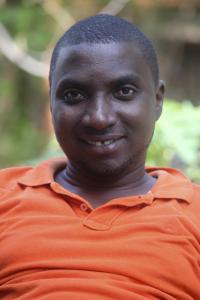María José Kahn Silva

María José Kahn Silva holds a degree in Art History (Universidad de Buenos Aires). Since September 2015, she has been responsible for Educational, Artistic and Museographical Development at ESMA Memory Site, where she is working to develop International Cooperation by building networks between the Site and the international community to promote human rights, memory and museums. Prior to this she coordinated the Educational Department at MALBA -Museo de Arte Latinoamericano de Buenos Aires, developing educational programs and collaborative actions between the museum and social organizations and worked as a Bilingual Museum Educator. She has assisted investigators and cultural agents at Fundación Proa and the Latin America Research Center of Harvard Business School in Argentina. In addition to these activities, Kahn Silva teaches Art History at Escuela Motivarte. As an AHDA fellow, Kahn Silva will develop an education program that invites security and military students to visit the ESMA Memory Site, as a way to learn about and understand the human rights violations committed during the last military dictatorship in Argentina.








